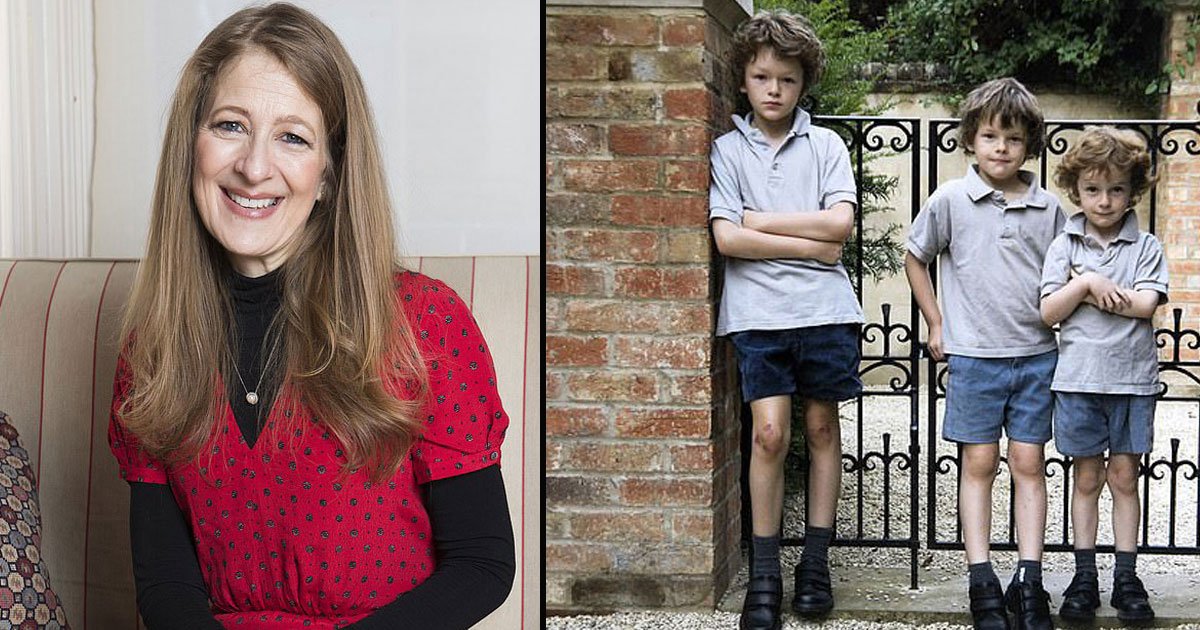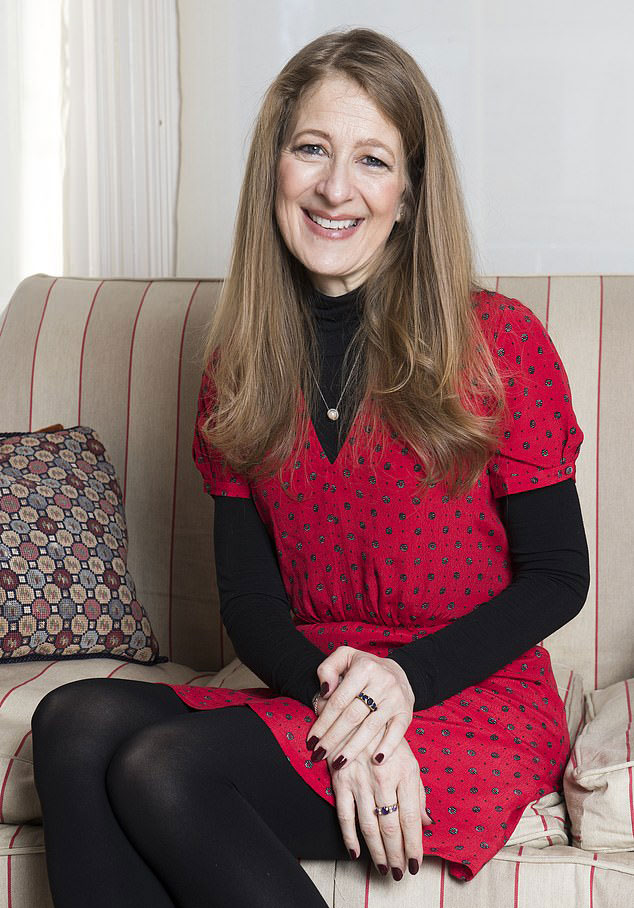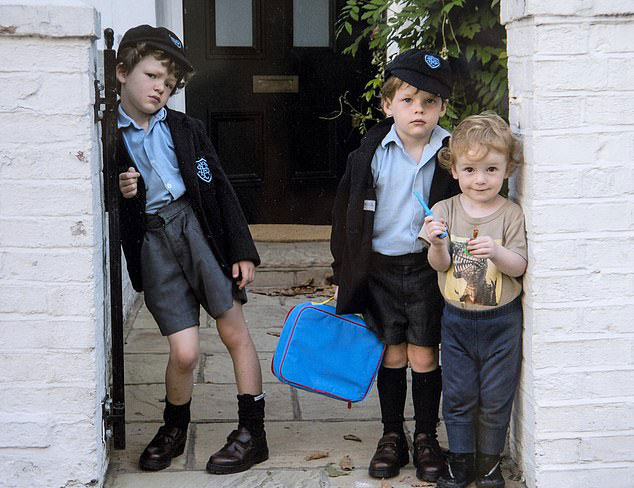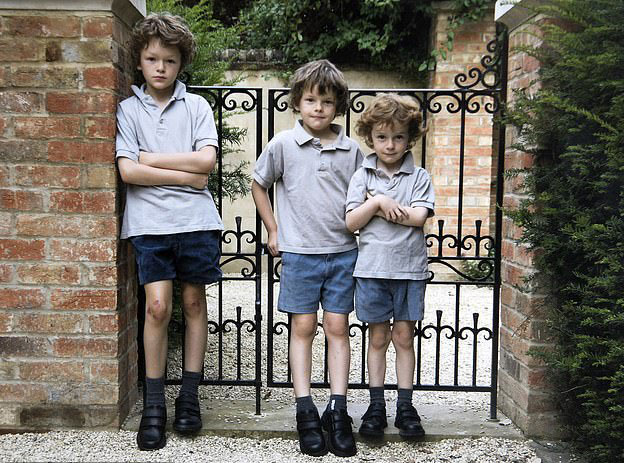The world is going very fast and it is the time of competition, every parent wants to make their children best.
But, is it right to push your child towards they are not interested at all?
A mother, Candida Crewe, says ‘My sons were ten, eight and six when the first mutiny occurred.’
‘We were sitting around the kitchen table after school and the eldest said: ‘No more, that’s it!’ Then, with a triumphant look, all three downed pencils.’
‘I had been force-feeding them Kumon for two or three years. For those not of the pushy parent tribe, it’s a maths scheme where children do timed sums on a worksheet for ten minutes a day from babyhood until death.’
‘The outcome is a mathematical genius, or at least guaranteed A*s in GCSE and A-levels.’
‘We are never doing Kumon again!’ said the middle son.
‘I protested, as I had every day, but deep down I knew they’d won this particular battle.’ But surely not the war?
‘Like many mothers, I had great hopes for my children. Perhaps because I didn’t go to university, I was all the keener that they should.’
‘Also, we live in Oxford, where pushy parents gather in droves. My friends’ children were in the A team for every sport going, had been landing the parts of Joseph and Mary or Oliver and Nancy since Reception.’
They were the original helicopter parents, or tiger mums, or whatever they’re called. The sort of mothers who get results. The parents are most likely to churn out high achievers, according to a couple of U.S. economics professors in their new book, Love, Money, And Parenting, which is set to be the talk of the school run.
‘I forced them to do football on Saturday mornings, which they all vociferously hated. Then came cello lessons, despite the fact their father and I hadn’t a musical molecule between us and they had all manifestly inherited our lack of talent.’
‘Next, judo. They lasted three sessions. Ballet? Forget it. Chess? The eldest and the youngest have ADHD and could barely sit still, let alone move a pawn with strategic aforethought.’
‘I tried them all, and was forced to give up on them all.’
‘As time passed, it became clear that none of my boys would get into ‘top’ academic institutions. They attended an excellent state school but did not take advantage of what it had to offer.’
‘When it came to the important exams, they seemed to do everything to dash my hopes. Boy, the rows and door slamming that went on. And the oceans of tears, on my part.’
‘Erskine, my eldest, who’s 20, was predicted three As at A-level yet drank and rebelled through the sixth form. But at least he sat the exams, achieving a relatively impressive BCC, considering he did no work whatsoever.’
‘It was more than could be said for Caspar, my second son, who’s 18. He only turned up because the long-suffering school said he’d have to pay £30 for each paper he missed.’
‘So how did I become the ultimate failed pushy parent? My own parents, the esteemed author and former BBC presenter Angela Huth and journalist Quentin Crewe, were far from pushy. I was born in the Sixties when parents just packed their children off to whatever school and let them get on with it.’
‘In my case, it was boarding school from age eight. My mother wanted to impart her love of literature to me, which was entirely reasonable. Other subjects like maths, which she hated, didn’t matter.’
‘My father, who himself had been expelled from Eton and sent down from Cambridge (for naughtiness and laziness respectively), was withering about my school reports but that was the sum of his ‘interest’ in my education.’
‘This was not to say he didn’t mind when I was frivolous and clueless (he did), and he bemoaned the vistas of my ignorance. But he couldn’t have given a fig for academic achievement for academic achievement’s sake. A thinking, inquiring and open mind was all that mattered. Grades? Irrelevant in his opinion.’
‘My parents divorced when I was five and my wonderful stepfather, who was a top scholar at Eton and went on to be a Byzantine historian at Oxford University for more than 40 years, would despair of my stress over my sons’ homework, exam grades, and reports. ‘It doesn’t matter,’ he’d say. ‘Relax!’ To which I’d counter: ‘It’s so much more competitive now. If they don’t get into a good university, they are consigned to live’s dustbin.’
‘Which is patently rubbish, but I believed it then.’
‘I tried to explain that it was just because I wanted ‘the best’ for them, to help them feel secure in their work and be able to afford a roof over their heads. This towering academic told it to me straight: ‘You’re completely off your rocker!’
I suspect he could see through to the truth: that much of my freneticism was due to my own vanity. How I wished to be reflected through my children: their box-ticking brilliance, the kind of brilliance by which modern society all too prescriptively measures our children. I bought into it hook, line and sinker.
‘I wanted to boast about their A stars and A teams, their schools, and universities. To make me look good? To pump up my ego? Shamefully and almost certainly, yes.
Around the time of the Kumon mutiny of 2008, my husband and I were separating. It was a traumatic time for me, and I think I diverted the emotional upset into something over which I felt I did have a vestige of control: my children’s education.’
‘I hired tutors I couldn’t afford and whipped myself into a frenzy of angst. And all for what? For them to defy me. They weren’t going to play ball.
First came the refusals to do each and every after-school activity. Then came the bad grades. Year by year, I had to adjust the goalposts until eventually, I had to blast them into the ether altogether. I knew, though I didn’t consciously admit it, that I was a failed pushy mother even when I was still pushing them.’
‘When my eldest was in the sixth form and spiraling out of control, I had, sharpish, to come to terms with the fact that my imagined futures for my boys were probably not going to materialize. It was a killer realization, but one that was actually quite comforting.
Then, over the past year or so, I began to detect a change in the water.
I kept hearing stories of friends’ children who, arriving at Cambridge or Edinburgh and not helped by social media, were suffering disillusion and mental health issues.’
‘They were asking themselves what all their often joyless hard work had been for, exactly? Other than robbing them of a proper childhood.
And what constitutes a ‘top’ job anyway? When you boil it down, parental pushiness revolves around a very limited definition of success: money and status. Being a doctor? Being able to buy a vulgar car? Another ridiculous handbag?
And so my boys have put me firmly back in my box.’
‘The two older ones, with a huge dose of the Irish blarney (their father’s side) recently walked into their dream jobs, literally unannounced and off the street, with no middle-class string-pulling from me.
Erskine is a chef in a world-famous London restaurant. Caspar is a software developer at a cool creative digital company in Clerkenwell doing stints at Google and with a pension and medical cover.’
They are both (from the failed pushy mother point of view) infuriatingly, wonderfully happy. I am thrilled, of course.
‘As for Conor, my foot is off the pedal. He’s planning on sitting A-levels, but whatever he does is up to him. More and more people are beginning to say that my boys had the right idea going straight from school to work.’
‘They would save themselves huge debts and benefit from a three- or four-year head starts over their peers.’
Some parents even said they were a bit envious of my boys. Well, that’s a first. If only my father were alive. He was pretty broke his whole life and never knew the meaning of the word avarice or depression. Society’s narrow idea of success was not remotely interesting to him.’
Looking at his grandsons today, he’d say: ‘I told you so!’
‘And he would have been absolutely on the money.’
Recommended Video!
“Woman Snatches Baby Out From Mother And Saves Baby’s Life”





